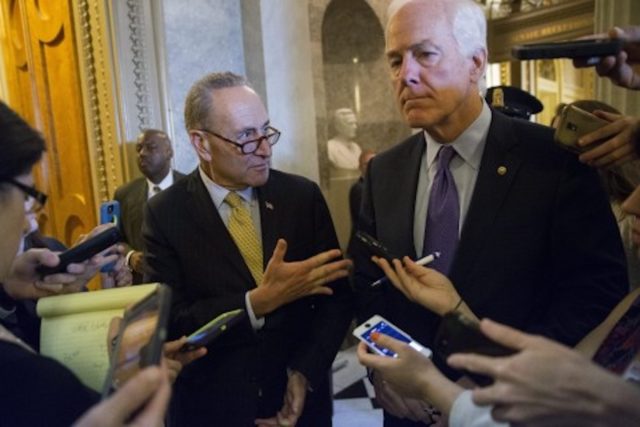
Attorneys representing victims of al-Qaeda’s Sept. 11, 2001 attacks and their families filed a lawsuit in federal court on Monday, March 20, 2017 seeking monetary damages from Saudi Arabia. The plaintiffs accuse Riyadh of supporting some of the 9/11 hijackers and providing funds to al-Qaeda.
The lawsuit alleges that Saudi state-run charities and other government-associated bodies funneled money to Osama bin Laden in Afghanistan, supporting his terrorist training camps. The claimants also contend that the kingdom knew three of the hijackers had ties to al-Qaeda and marked their passports with a secret indicator; however, this information was not shared with the U.S. government. Case documents also cite declassified FBI and CIA reports linking Saudi government officials to al-Qaeda.
Jim Kreindler, the lead attorney who filed the complaint, says that “9/11 could not have happened without Saudi Arabia’s support for al-Qaeda.” In total, 2,350 claimants are taking part in the case, including the “families of 850 victims who died on 9/11 and 1,500 people injured that day,” according to CNN.
The court filing comes after Congress passed The Justice Against Sponsors of Terrorism Act (JASTA) act last year, with the Senate approving the measure 97 to 1. In the first and only override of then President Obama’s veto, the bill ended sovereign immunity for foreign governments involved in terrorism committed on U.S. soil. At the time, White House officials and even leaders in the military opposed the measure because of the precedent it could set in other countries. For example, if Middle Eastern states adopted similar laws, locals could sue the U.S. government for damages caused in a conflict. Saudi officials expressed hope that the law would be reconsidered by the new Congress, possibly with the support of the Trump administration.





